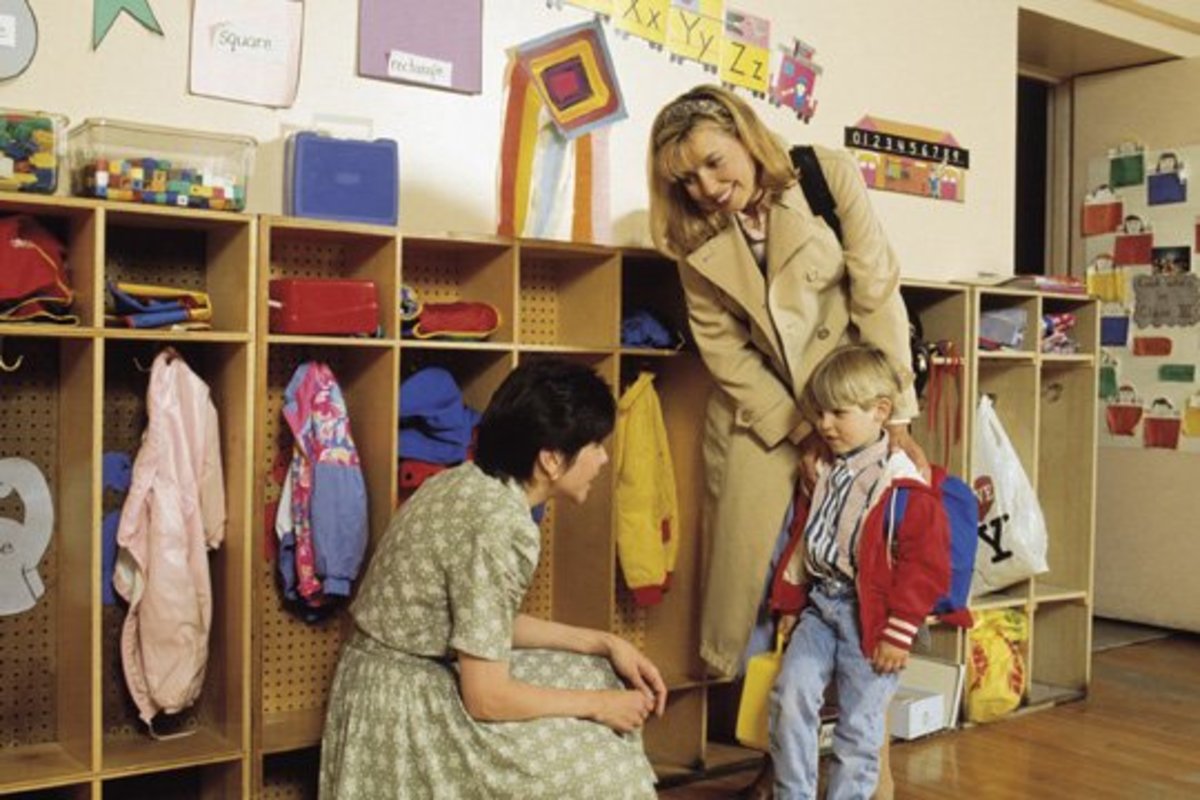Watching your child learn to read
My three boys

It's a terrible cliché to talk about a rollercoaster of emotions, but the phrase does fairly accurately describe a parent's thoughts and feelings when they're watching their child's progress at school.
At first we experience excitement. Our precious angel, who is surely one of the cleverest children the school will ever have seen, is going to breeze through his Reception year and be top of the class despite being the youngest. We are in no doubt about this: we were very good at reading, and our child will be too.
The excitement lasts for several weeks. Homework comes home each Monday and we work together industriously, eager to master those letter shapes and to recognise those numbers up to twenty. Everything is going to plan, and excitement settles down into relief. We will certainly have nothing to worry about from our little genius. Why, in no time at all he will be reading The Chronicles of Narnia, and be happily calculating the volume of water in any given vessel from the kitchen. Pride, tremendous pride. And every time someone asks how our first born is getting on at school we can quite truthfully say that he is doing very well.
But then something goes terribly wrong. The work gets harder as we go into the next year, and our poor child is struggling. Counting was all that was required in Reception. Now the little brave souls are expected to deal with addition and subtraction.
Now we experience broken heartedness as our little guy experiences something akin to failure for the first time. But we quickly swallow the lump in our throat, roll up our sleeves, and prepare to do some teaching. We will take our responsibility seriously, and we will explain the rudiments of arithmetic to our disillusioned young one.
The next feeling is frustration. Our tutoring is not working. Our son is struggling, and he is crying, and he is unhappy because he is fully aware that he is not good at maths. He has put up a wall, and nothing that has anything to do with numbers is going to get over that wall. We are going to have to get a wrecking ball to that wall, without destroying the whole world.
This feeling of frustration lasts a long time. Nothing seems to be helping. Why can our child of five not add two small numbers together without having a tantrum and tears and a crisis of confidence?
Next we experience disappointment. But let me emphasize - we are not disappointed in our child, we are disappointed in ourselves, for not being better teachers, and for not having enough patience, and for not being prepared enough. If our child is not improving then we must be doing something wrong. Other children in his class are reading War and Peace by now, and doing square roots in their heads. We are letting our child down. We must be, because school are telling us that he is below average and he is falling behind his classmates.
For a while we feel numbness. We have tried everything, and nothing is making any kind of difference. Our child is not as clever as we thought, and this is a shock. We are going to have to take some time to adjust to this discovery. We leave our child alone and allow him to enjoy a few weeks of rest from the spot quizzes over breakfast, tea and toothbrushing. We do not listen to his reading for a whole month.
Enlightenment! At this point, when we are seeing our wonderful son enjoy his childhood again, seeing him smile and laugh with his younger brothers over whatever silliness has just occurred, we remember that he is only five years old. What child should be expected to read confidently and with expression at the age of five? None. Without doubt there are young geniuses who can read everything that is put in front of them from their first day of school. But most cannot, and that is because they are not ready. They become ready in their own time, not in the Government's. (Alright, I won't get political today. I'll save that for another Hub.)
Aha! Our son is not ready. Relief again. The pressure has magically disappeared and we know exactly what needs to be done. Nothing. Don't misunderstand me, we do not use our newfound enlightenment as an excuse to be lazy. Rather we use it as an excuse to use the time we have with our children for fun, instead of for torture. We decide to let school do the teaching, as that's what it's for. We return to what we were doing before school interrupted: answering questions, questions about the world, about animals, about space, about trains, about food, about people, about feelings, about our bodies and what various bits and pieces are for. Certainly we continue to do homework every day as required, but we take off the pressure. We enjoy a couple of years of play time.
Our precious boy, who has sparks of creative genius almost daily, but who lacks the ability to write his ideas down quickly enough, is now seven years old. And something has just happened. His brain has reached ready-ness. He has taken an enormous leap, and he is reading chapter books (with hardly any pictures!) He is also retaining his spellings, and he is reciting his ten-times-table, his fives and his twos. Well, how did that happen?
What do we feel now? Chagrin, I believe. Some considerable regret at the times over the last three years when we have pushed and pushed and reduced our son to tears over his very difficult spellings. Could we spell 'ambulance' at the age of six? We very much doubt it, so why would we expect our son to? Shame on us. Shame on his teachers for ever giving him the label of 'below average'. Shame on our education system for letting our children down, for pushing them too early, for wishing their childhoods away, for making them and us feel inadequate, for not making allowances for differences in ability and learning speeds.
After we have let go of this little bit of anger, we feel tremendous pride again. Our child has made it through infant school undamaged. He has learned some life lessons and he has developed a thick skin.
Currently I am feeling an exultant joy. I have been to my favourite bookshop today, and I have spent a long time browsing the Confident Reader shelves of the children's section. My child is taking the first steps into a world that will change his life forever. He is going to be a reader, and I could not be happier. Of course, if he had turned out not to be interested in books I would not have loved him any the less. But I would have been sad for him, because reading has always enriched my life so immeasurably. But he is interested, and excited, and eager to improve quickly so that he can delve into my own collection of books from my childhood. I have never liked lending my books to other people, because I am one of those queer beings who likes to keep their books pristine. But I will not hesitate to hand over any book in my library to my children.
Soon my eldest will be joining me in Narnia, in Wonderland, in Neverland, and on Coniston for a spot of sailing and detective work. I cannot wait for the conversations we will have from then on. Not long now...
As for the maths? Bah! Who cares? He'll either be naturally good at it, or not.





